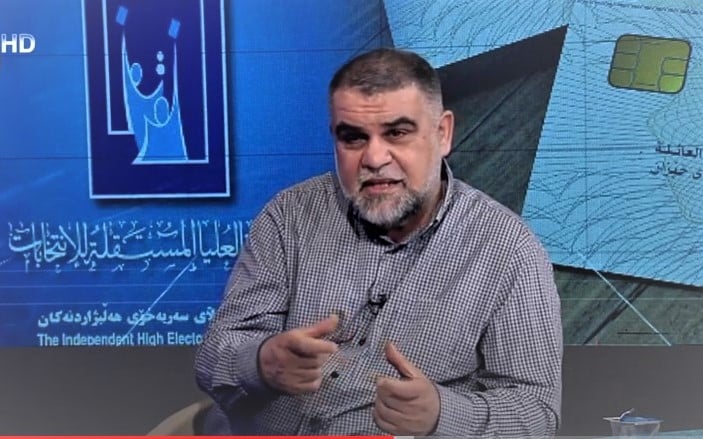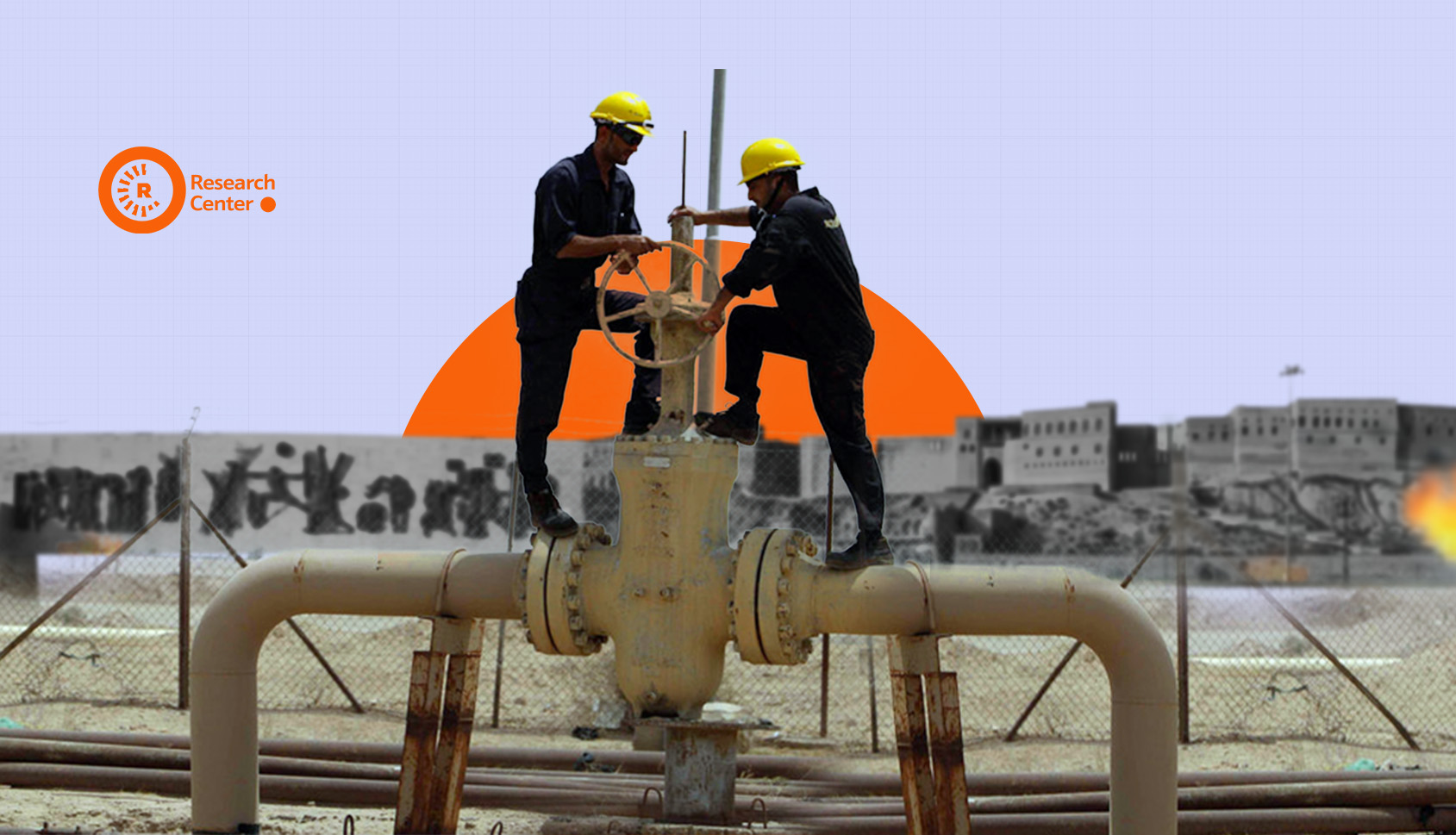RRC |
Aram Jamal-
Elections Expert|
First of all the big difference between all previous Iraqi national elections with the upcoming one in October 2021 is the new elections system based on the parliament elections law No 9 of 2020. In the new elections law, the election system has changed to a different system, which is different in term of counting votes, candidates , number and size of the electoral districts. Means that the election system from the proportional representation list (PRL) changed to the single non-transferable vote (SNTV) system.
The most key changes in the Iraqi election system of parliament are:
1-The new election system tell us that ‘’ those candidates wins majority votes then will win seats within their electoral district .’’ But those candidates do not get enough votes for a seat within their electoral district will not get elected. And another different point is that those candidates cannot win a seat, then their votes won’t transfer to other candidates within the electoral district. And that’s why the system called (single non-transferable vote ) but in the previous Iraqi election system ( proportional representation list), which all votes of the list will be casted and then according to the winning candidates of each bloc votes will be transferred from those candidates got fewer votes to those got most votes.
2- Nomination from the list has changed to independent individual candidate or party/coalition candidate, means that the political party through candidate will participate in the election, therefore at this stage winning a seat is mainly related to capacity of the candidate and level of voter’s awareness. On the contrary of the list which the candidate through party will run in elections and mainly depend on the political party to win. In addition the individual candidate in the proportional representation election system cannot win against candidates of the party/ coalitions.
3-The plurality/majority systems known to have more electoral districts and in general have more electoral districts than in proportional representation system. Therefore the new election system divides Iraq from 18 governorates into 83 electoral districts. This make duty of the parties harder that for each district have to launch special campaign for that particular district and the general election campaign of the party will be less important.
4-There is contradicted link between number of electoral districts and their size, with having more districts their size will become smaller. And size of the electoral districts means number of seats in each district, if in the previous elections size of each district was more than 10 seats, in the upcoming election will be between (3-5) seats. Therefore in the best case of the registered parties in the upcoming elections each can have 3 candidates in each district.
The concerns of Kurdish parties in the upcoming election
Since 1992 until present the Kurdish parties only participated in the elections of KRG parliament, Iraqi parliament and provincial councils with the ‘’proportional representation list’’ system and change this to the single non-transferable vote system make the Kurdish parties concerned, because:
1-The Kurdish parties just used to the proportional representation system list.
2-Is difficult for the parties to give up of many nominated candidates from the party and reduce them for one or two candidates and also they supposed nominate strong party/ coalition candidate.
3- In the new election system the political parties role will decline in winning small number of seats within electoral districts due to the prime role of candidates in the election and presence of noticed number of ‘’ individual and independent’’ candidates as new actor in the process.
4- Decline role of partisan media in the elections campaign due to increased number of electoral districts and divide Kurdish party candidates over 12 districts.
5-Small number of seats within each district will become a problem for different factions of the parties because if not all factions are happy with candidates then they won’t take the election seriously and will have bad impact on their results.
Missing head of the list
In the previous KRG parliament elections most of the votes went to head of the lists, sometimes difference between vote’s head of the list with second winner or last winner were about 100k votes.
For more information see the chart below
2018 Kurdistan Region Parliamentary elections
| PUK list | |||
| No | Candidate | No of Votes | Difference of Votes |
| Winner No- 1 | Qubad Talabani | 182,551 | |
| Winner No -2 | Begard Shukrullah | 8,097 | 174,454 |
| Last winner | Salma Fatih Tofiq | 1,719 | 180,832 |
| Gorran list | |||
| No | Candidate | No of Votes | Difference of Votes |
| Winner No -1 | Ali Hama Salih | 91,934 | |
| Winner No-2 | Shireen Amin | 13,919 | 78,015 |
| Last Winner | Gulistan Saeed | 825 | 91,109 |
| New Generation list | |||
| No | Candidate | No of Votes | Difference of Votes |
| Winner No -1 | Shaswar Abdulwahid | 106,289 | 105,728 |
| Winner No-2 | Kazim Faruq | 2,207 | 104,082 |
| Last Winner | Shadi Nawzad | 561 | 105,728 |
| Islamic Group list | |||
| No | Candidate | No of Votes | Difference of Votes |
| Winner No-1 | Soran Omer | 42459 | |
| Winner No-2 | Star Abdulmajeed | 19143 | 23316 |
| Last winner | Rupak Ahmed | 1005 | 41454 |
If we assume that last KRG elections were held on the ‘single non-transferable vote’ system then only head of the lists would have won and there would had been also opportunity to some independent candidates to win seats. And more importantly when head of the list is not going to take seat in parliament when elected, is not necessarily a candidate from the same list replace him/her, but that candidate will be replacement that comes after the last winner in that district. So this will prevent strong candidate to be nominated just to attract votes and then not take seats in parliament. The new election system ‘single non-transferable vote’’ will oblige all candidates that when been elected, then should sworn into parliament.






